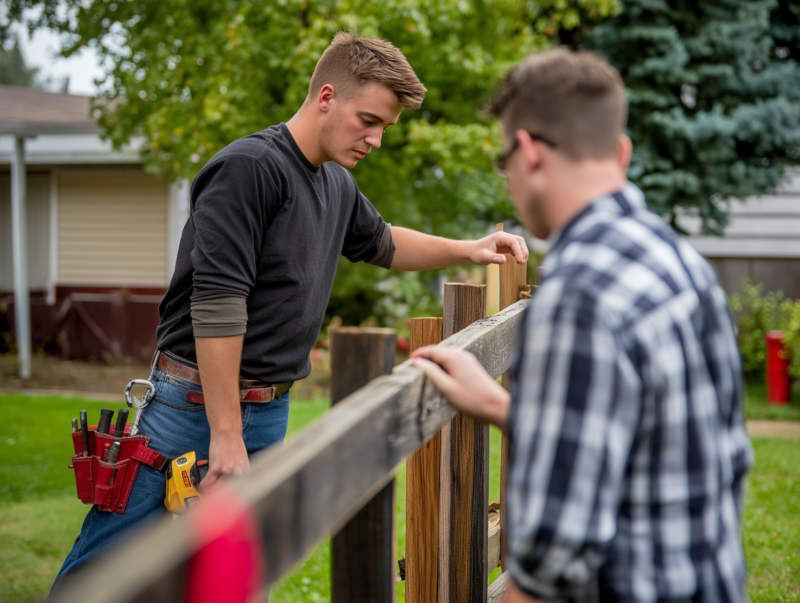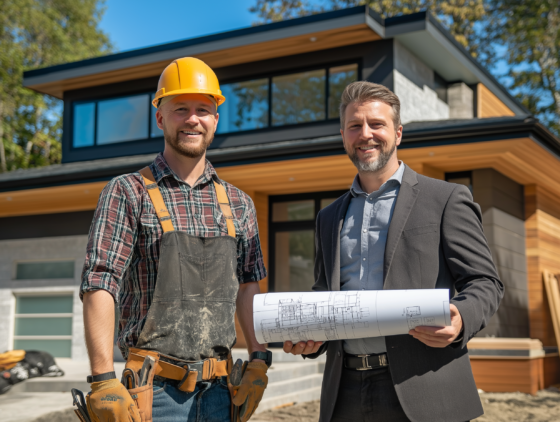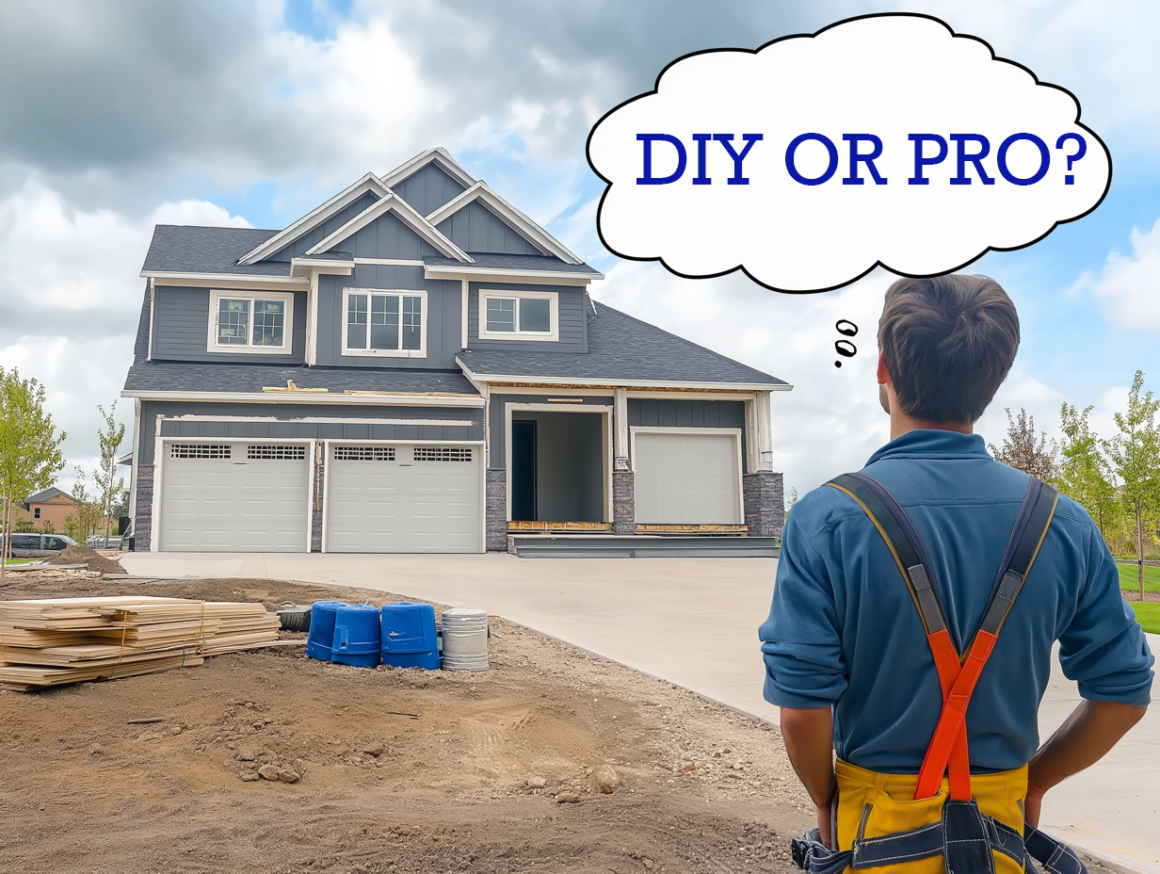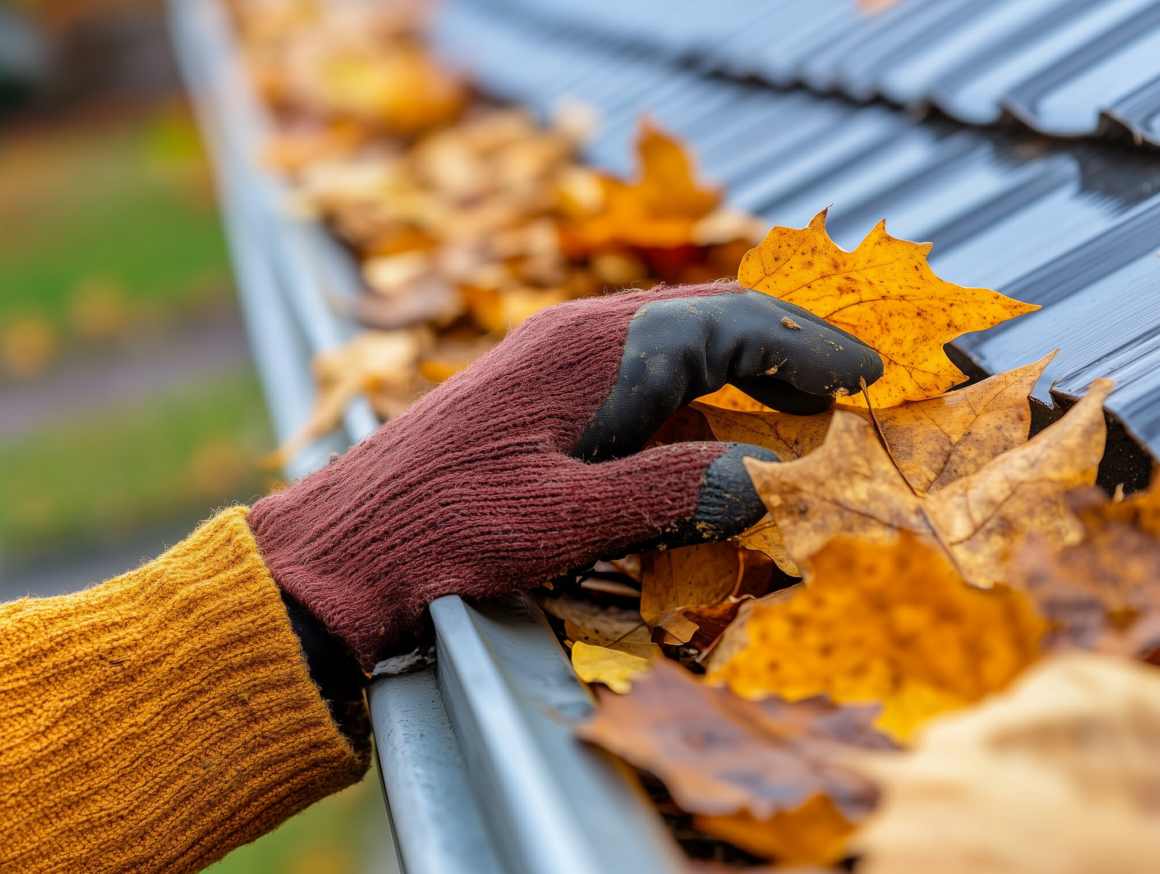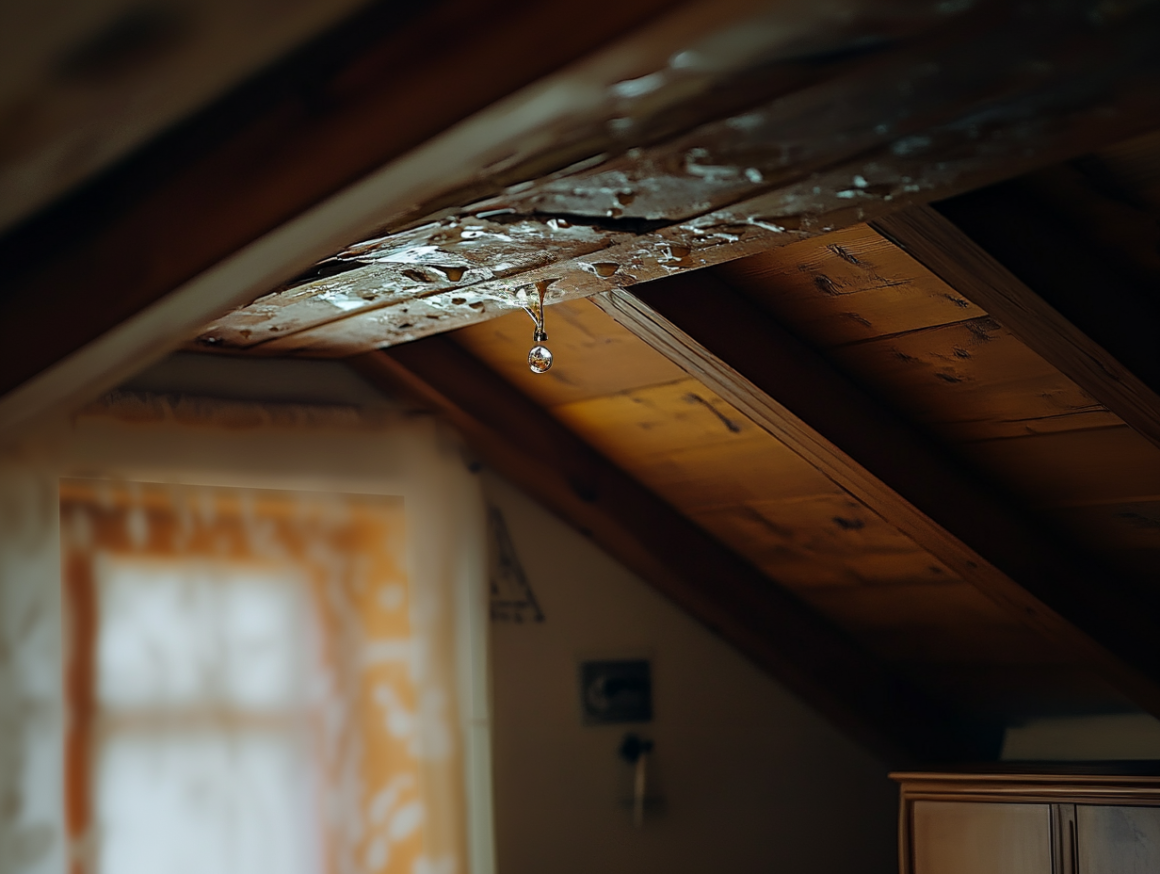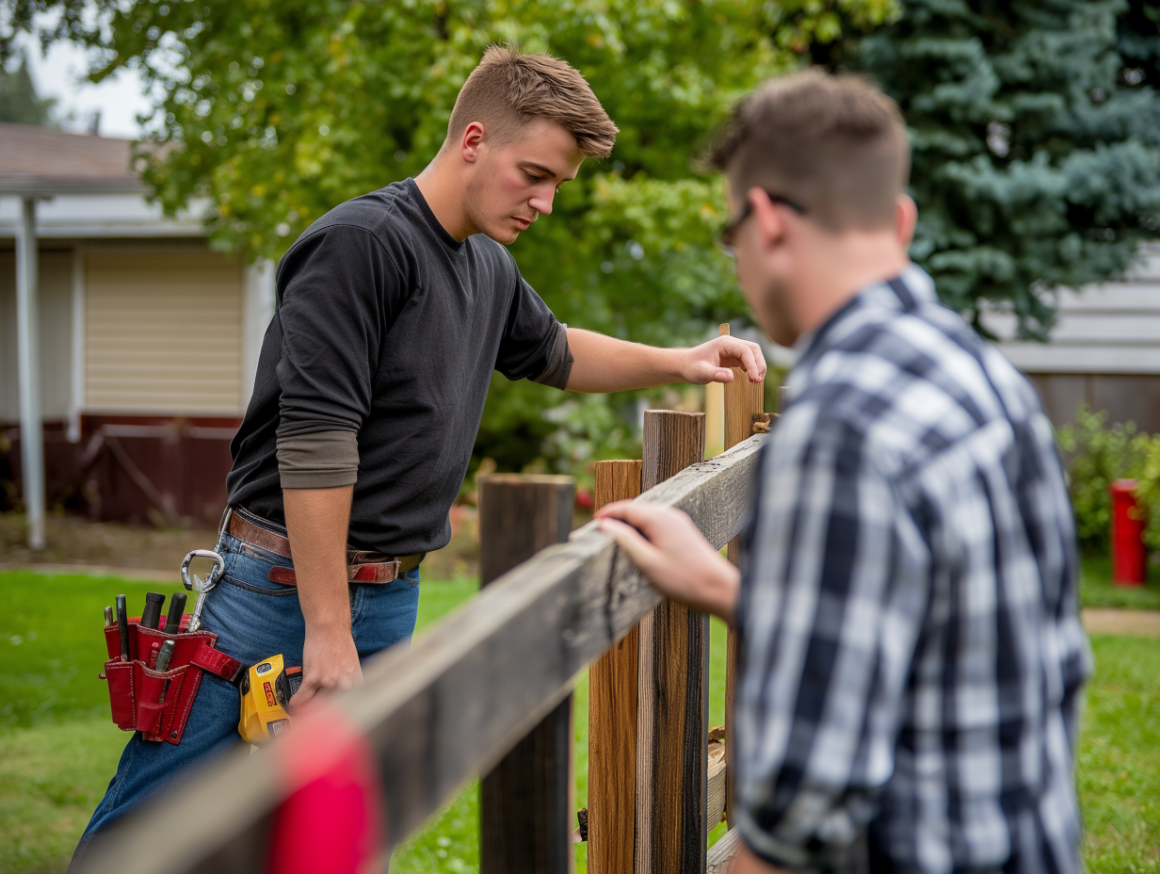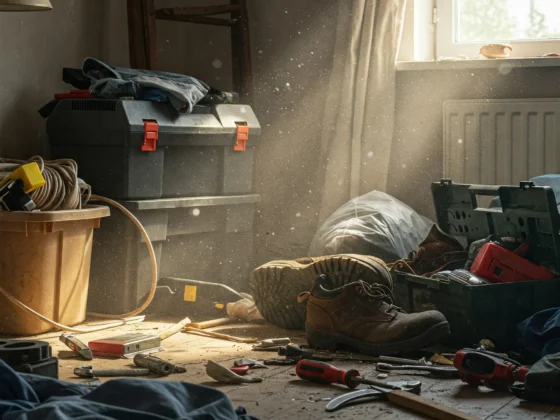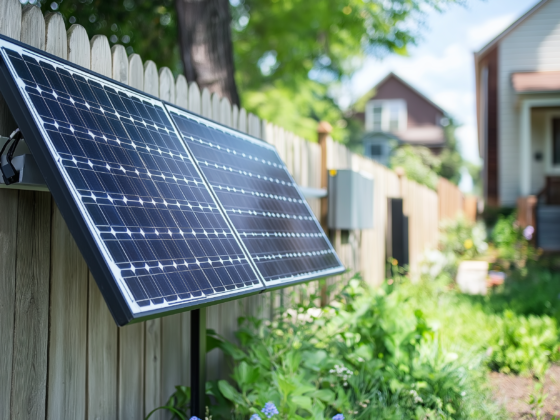When it comes to home maintenance, tapping into the power of community can make all the difference. Whether it’s borrowing tools, sharing wisdom, or pitching in to help, having a network of neighbors can transform solitary tasks into collaborative efforts. Here’s how you can leverage community support to maintain and enhance your home.
The Benefits of Community Engagement
Being part of a community means you have access to a collective pool of resources, knowledge, and skills. Community events, local forums, and neighborhood social media groups are fantastic avenues to connect with others, exchange advice, and even offer or receive hands-on help.
For example, if you need to tackle a painting project but lack the necessary equipment, borrowing an adjustable ladder or using high-quality paint brushes and a roller set from a neighbor can save you money and make the task more manageable. Similarly, discussing home repair experiences can provide new insights and innovative solutions you might not have considered.
Checklist: Tools Worth Borrowing From Neighbors
- Ladder (adjustable for various heights)
- Paintbrushes and roller sets
- Power drill
Building Relationships Through Home Maintenance
Home maintenance can be a solitary chore, but it doesn’t have to be. Building relationships with your neighbors through shared projects not only lightens the workload but also creates a sense of community and belonging. Consider organizing a neighborhood workday where residents come together to address common maintenance tasks, like clearing gutters, landscaping, or painting fences.
These events foster teamwork, create lasting bonds, and turn maintenance into a social activity rather than a mundane chore. Plus, working together can make daunting tasks feel more achievable and even fun. Having tools like a portable tool organizer can make group workdays seamless, and a landscape tools bundle that includes rakes, shovels, and trowels can come in handy for shared outdoor projects.
Strengthening Neighborly Ties
Starting with small tasks to get to know your neighbors can lay the groundwork for handling larger, more complex issues together. When you’ve already established camaraderie through smaller projects, dealing with bigger problems—such as a tree from your yard falling onto a neighbor’s house—becomes much more manageable. This mutual support can help prevent conflicts and ensure that everyone feels part of a caring, cooperative community.
For minor repairs and creative tasks, a rotary tool kit is versatile and worth sharing. Additionally, using a community group calendar app can help keep track of scheduled workdays or ongoing maintenance projects, making collaboration smoother and more organized.
Sharing Expertise and Learning Together
No one knows everything about home maintenance, but together, a community can pool their knowledge and skills to tackle a wide range of issues. Local forums and social media groups are excellent platforms for asking questions and sharing advice. You might find that someone in your community has expertise in a particular area, whether it’s carpentry, plumbing, or gardening, and is willing to offer guidance or lend a hand.
Using a DIY tool kit for beginners can help build your skills for future projects, and a portable workbench provides a flexible, shared workspace for these tasks. Learning from others not only helps you complete projects more efficiently but also expands your own skill set, making you a more confident and capable homeowner.
Top 3 Skills to Learn from Neighbors
- Basic carpentry for small repairs
- Landscaping tips for a low-maintenance yard
- Plumbing fundamentals to fix minor issues
Creating a Support Network
Beyond practical help, being part of a community provides emotional and social support. Knowing that you have neighbors who care and are willing to help can reduce the stress and anxiety often associated with home maintenance. Whether it’s lending an ear to discuss a home improvement dilemma or offering encouragement during a challenging project, a supportive community makes a significant difference.
Moreover, having concerned neighbors who know your number can be crucial in emergencies. Imagine you’re away for the weekend and a waterline bursts. A vigilant neighbor can alert you immediately, helping to mitigate potential damage and giving you peace of mind. Smart doorbells with a camera add a layer of security, and water leak detectors can offer timely alerts to prevent major mishaps.
Conclusion: A Stronger, Connected Community
Leveraging community support for home maintenance is about more than just getting the job done—it’s about building connections, fostering a sense of belonging, and creating a stronger, more resilient neighborhood. By working together, sharing resources, and supporting each other, you can make home maintenance a more manageable and rewarding experience.
What About You? How have you leveraged your community for home maintenance support? Share your experiences and tips with us. Your story could inspire and help others to build a stronger, more connected community.

